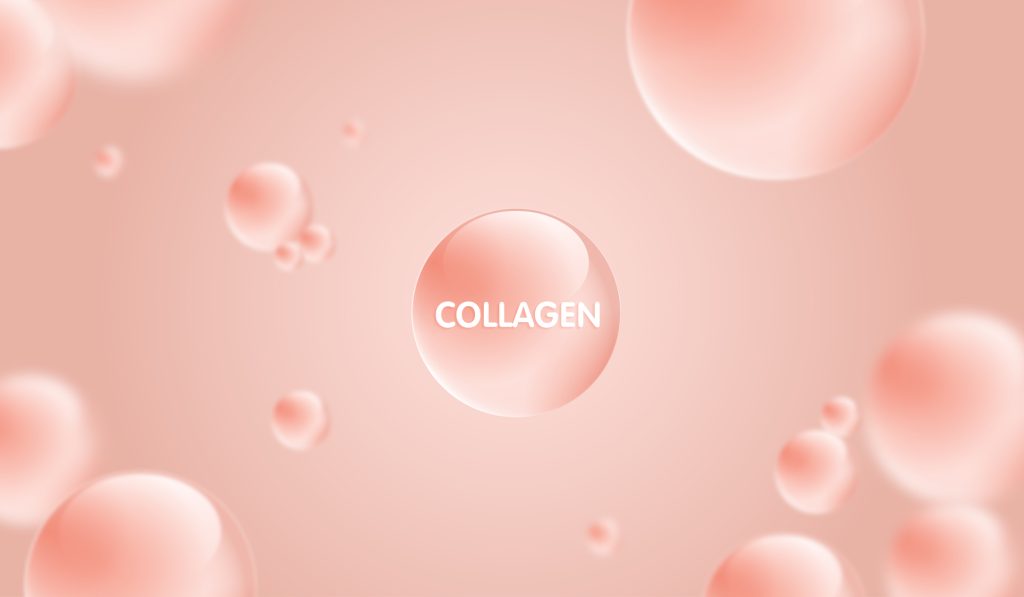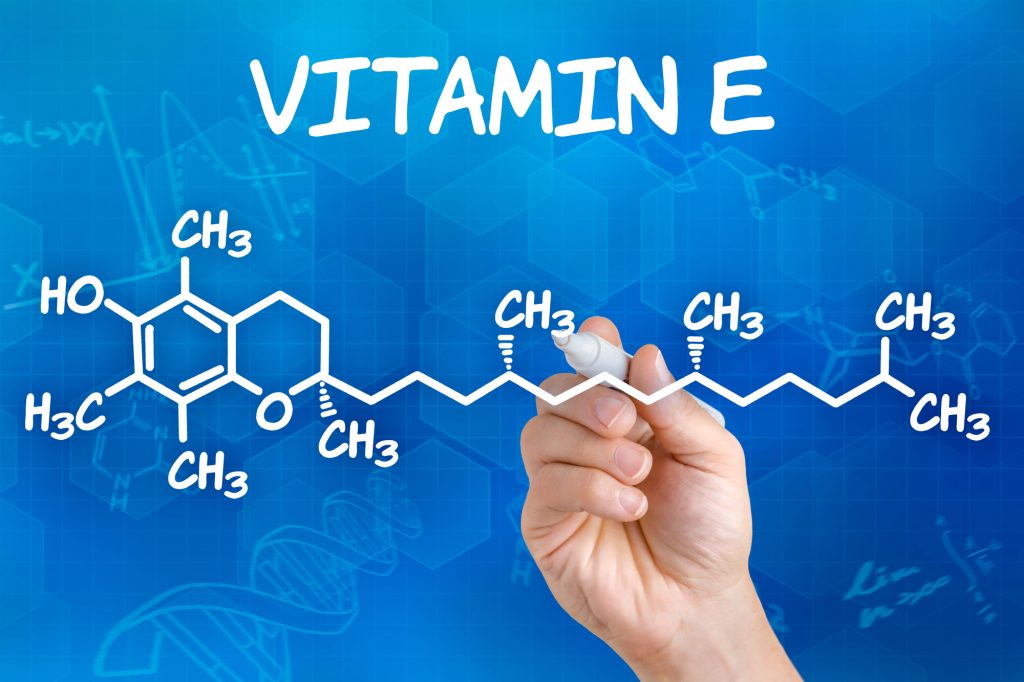Achieving smooth and healthy skin is a dream for many. While investing in skincare treatments is crucial, improving skin health from within is just as important. Among the widely used dietary supplements, choosing the best supplements for better skin can be challenging. Therefore, this article will help you discover the best supplements for achieving healthy and radiant skin!
Key Takeaways
- Collagen is essential for skin elasticity and reducing wrinkles.
- Fish oil and Omega-3 fatty acids help retain moisture and reduce skin inflammation.
- Vitamins C, D, E, and A promote skin healing, brighten the complexion, and improve overall skin health.
- Probiotics improve gut health, which can positively affect skin conditions.
- Some supplements like curcumin and resveratrol protect the skin from oxidative stress and aging.
What Supplements Are Good for the Skin?
Collagen
Collagen is a crucial human protein, forming strong, flexible connective fibers that help tissues remain firm and elastic. As we age, collagen production decreases, leading to wrinkles and sagging skin… Regular collagen supplementation has been shown to improve skin hydration and reduce wrinkle appearance over time.

Fish Oil
Rich in Omega-3 fatty acids, fish oil is a powerful supplement for maintaining skin moisture and reducing inflammation. Omega-3 fatty acids help maintain the skin’s lipid barrier, preventing dryness and irritation. They also reduce redness and sensitivity, making fish oil valuable for people with inflammatory skin conditions like eczema or psoriasis.
Vitamin C
Vitamin C brightens the skin and promotes collagen production. As a potent antioxidant, it protects the skin from environmental damage that accelerates aging. Regular Vitamin C supplementation helps reduce wrinkles and improves skin tone.
Vitamin D
Vitamin D is a supplement to take for better skin that plays a significant role in skin health, particularly in regulating skin conditions. It helps modulate the immune response, reducing inflammation and promoting skin cell recovery. Lack of vitamin D can cause dry or peeling skin!
Vitamin E
Vitamin E is a powerful antioxidant that protects the skin from UV damage and free radicals. It also supports skin recovery, improves moisture retention, and reduces the appearance of scars. Combined with Vitamin C, it enhances the skin’s oxidative stress resistance, providing better protection against premature aging.

Vitamin A
Vitamin A is essential for skin cell regeneration, helping reduce acne, smooth skin texture, and improve pigmentation. Retinoids, derivatives of Vitamin A, are commonly used in skincare for their anti-aging properties and ability to stimulate collagen production and reduce wrinkles,…
Biotin
Also known as Vitamin B7, biotin is a supplement often associated with hair and nail health but also benefits the skin. A deficiency in Vitamin B7 can lead to dry skin, irritation, or dermatitis,…
Multivitamin
A good multivitamin can provide a balanced combination of vitamins and minerals, contributing to overall skin health. By supplementing essential nutrients like zinc, selenium, and Vitamins A, C, and E, multivitamins help fill nutritional gaps and support the skin’s natural healing and regeneration processes.
Probiotics
Probiotics directly affect gut health, promoting effective digestion and nutrient absorption. Consequently, supplementing probiotics can indirectly benefit the skin by enhancing the nutrients available for skin nourishment.

Curcumin
This active compound, found primarily in turmeric, is known for its anti-inflammatory and antioxidant properties. It helps reduce skin inflammation and protects against free radical damage, making it popular in skincare.
Chlorella
Chlorella is a nutrient-rich algae that contains many vitamins and minerals. It stimulates detoxification, promotes collagen production, and improves skin elasticity, helping your skin look youthful and smooth.
Omega-3
Omega-3 fatty acids, commonly found in fish oil, are essential for maintaining skin moisture and reducing inflammation. They help prevent acne, dry skin, and psoriasis by supporting the skin’s natural moisture barrier,…
Selenium
Selenium is a powerful antioxidant that protects the skin from environmental damage, including UV radiation. It works alongside Vitamins E and C to reduce oxidative stress and maintain skin elasticity. Selenium deficiency can lead to higher risks of skin infections and slow wound healing.
Coenzyme Q10
Another antioxidant, Coenzyme Q10, helps neutralize free radicals and supports cellular energy production, which is necessary for skin recovery and regeneration. Supplementing with Coenzyme Q10 can reduce the appearance of wrinkles and smooth the skin.
Gamma-Linoleic Acid (GLA)
GLA, found in evening primrose oil and borage oil, is an essential fatty acid that helps retain skin moisture and reduce inflammation. It particularly benefits those with dry skin or eczema, supporting the skin’s natural barrier and improving moisture.
Flavonoids
Flavonoids, found in fruits, vegetables, and tea, protect the skin from UV damage and oxidative stress in the body.

Resveratrol
Resveratrol, commonly found in grapes and berries, is a powerful antioxidant that fights oxidative stress, slows aging, and promotes collagen production. It helps maintain youthful skin and prevents signs of aging.
Niacinamide (Vitamin B3)
Niacinamide is well-known for improving skin barrier function, reducing redness, and balancing oil production. It also helps minimize the appearance of pores and wrinkles. Niacinamide supplements can be particularly beneficial for individuals with sensitive or acne-prone skin.
Can Supplements Cause Skin Issues?
While supplements can significantly improve skin health, overuse or choosing poor-quality, unclear-sourced products may pose health risks. For instance, excessive Vitamin A intake can dry out and peel the skin, while too much biotin may worsen acne in some people. Therefore, consulting with a specialist before using skin supplements is essential.
What to Consider When Looking for Supplements for Better Skin Health?
When choosing the supplement for skin health, taking a thoughtful and comprehensive approach is essential. Here are key factors to consider:
- Identify Your Skin Concerns: Understanding your specific skin issues is the first step in selecting the right supplements. Are you dealing with chronic conditions like eczema or psoriasis? Or do you need help managing acne, dryness, or signs of aging? Each skin issue may require different nutrients.
- Check the Quality of the Product: Not all supplements are created equal. Ensure the supplements you choose are from reputable brands with clear ingredient sourcing and manufacturing standards. Poor-quality supplements may be ineffective and contain harmful additives or contaminants that may worsen your skin condition.
- Consult a Healthcare Professional: If you have any underlying health conditions or are taking other medications, it’s vital to consult a professor before starting any new supplement.

When to See Doctors About Skin Health
Experience serious medical conditions that persist, such as skin infections, eczema, severe acne or psoriasis, etc. You should immediately see a dermatologist to get advice and appropriate treatment. Although functional foods bring great benefits to the skin, it cannot be denied that they cannot replace medical treatments!
Conclusion
Supplements can improve skin health and address common issues like aging, inflammation, and moisture retention. From collagen and Omega-3 to Vitamins C, D, and E, each supplement offers unique benefits that can enhance skin appearance from within. However, they should be used wisely, ensuring quality and appropriate dosage, and seeking medical advice when needed for optimal skin health.



